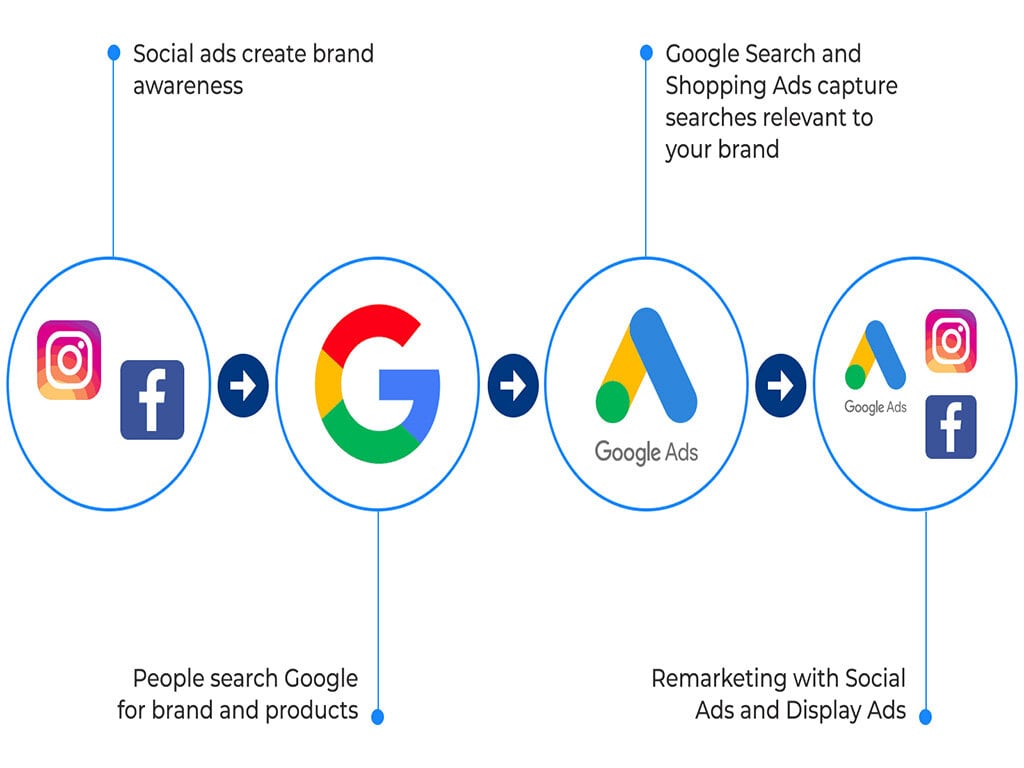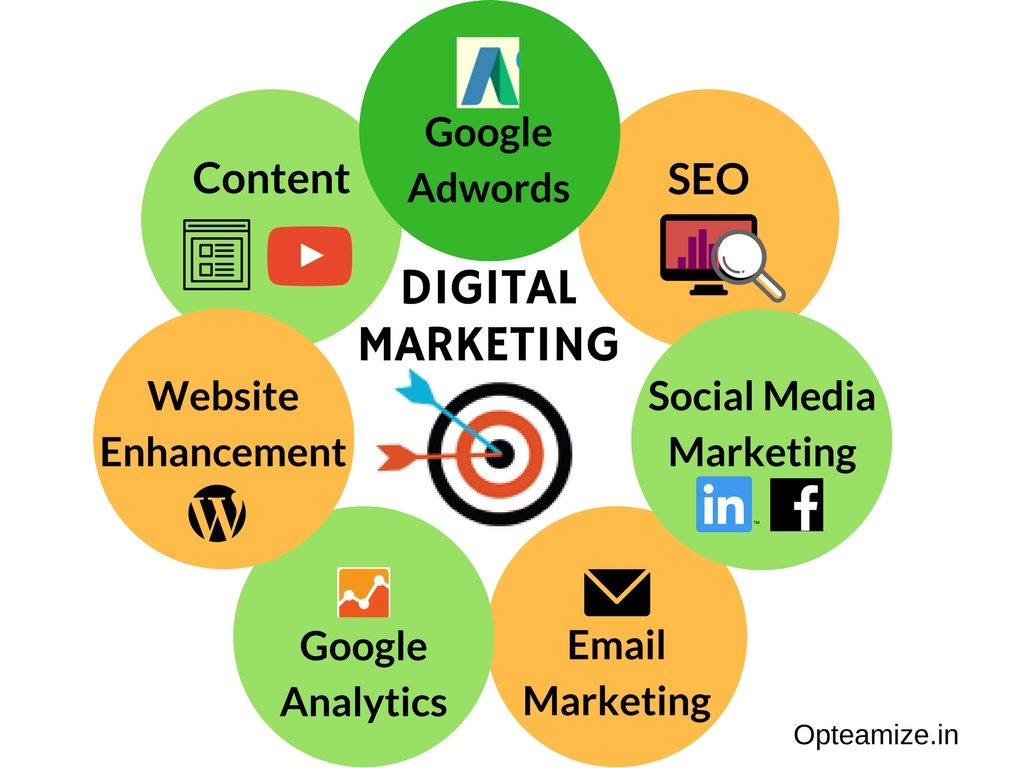Determining whether Google Ads or Facebook Ads is better for your business depends on several factors, including your marketing objectives, target audience, budget, and the nature of your products or services. Both platforms have unique strengths and can be effective for different marketing goals. Here’s a comparison of Google Ads and Facebook Ads to help you make an informed decision:
Google Ads:
Intent-based Advertising: Google Ads allows you to target users actively searching for specific keywords related to your products or services. This intent-based approach can lead to higher conversion rates as users are actively looking for solutions.
Search Network and Display Network: Google Ads offers a variety of ad formats, including text ads on search results (Search Network) and display ads on websites across the internet (Display Network).
High Commercial Intent: Users on Google are often further down the sales funnel, making it an effective platform for capturing leads and driving direct sales.
Keyword Targeting: Google Ads’ keyword targeting allows you to bid on relevant keywords and appear in search results when users enter those keywords.
Cost-Per-Click (CPC): The cost-per-click on Google Ads can be higher, especially for competitive keywords.
Facebook Ads:
Highly Targeted Audience: Facebook’s vast user data enables precise audience targeting based on demographics, interests, behaviors, and more, making it suitable for brand awareness and reaching specific customer segments.
Visual and Engaging Ads: Facebook Ads support various ad formats, including image ads, video ads, and carousel ads, allowing for creative and visually appealing content.
Lower Cost-Per-Click: Facebook Ads generally have a lower cost-per-click compared to Google Ads, making it a cost-effective option for reaching a broader audience.
Awareness and Engagement: Facebook Ads are effective for building brand awareness, generating engagement, and driving traffic to your website or landing pages.
Retargeting: Facebook offers powerful retargeting capabilities, allowing you to reach users who have interacted with your website or previous ads.
In summary, if your primary goal is to capture leads from users actively searching for your products or services, Google Ads might be the better choice. On the other hand, if you want to target specific demographics, build brand awareness, and engage with a broader audience, Facebook Ads can be more suitable.
Many businesses find success by using both platforms strategically, as they can complement each other and reach different stages of the customer journey. Consider your marketing objectives, budget, and target audience to determine the best approach for your specific business needs.



